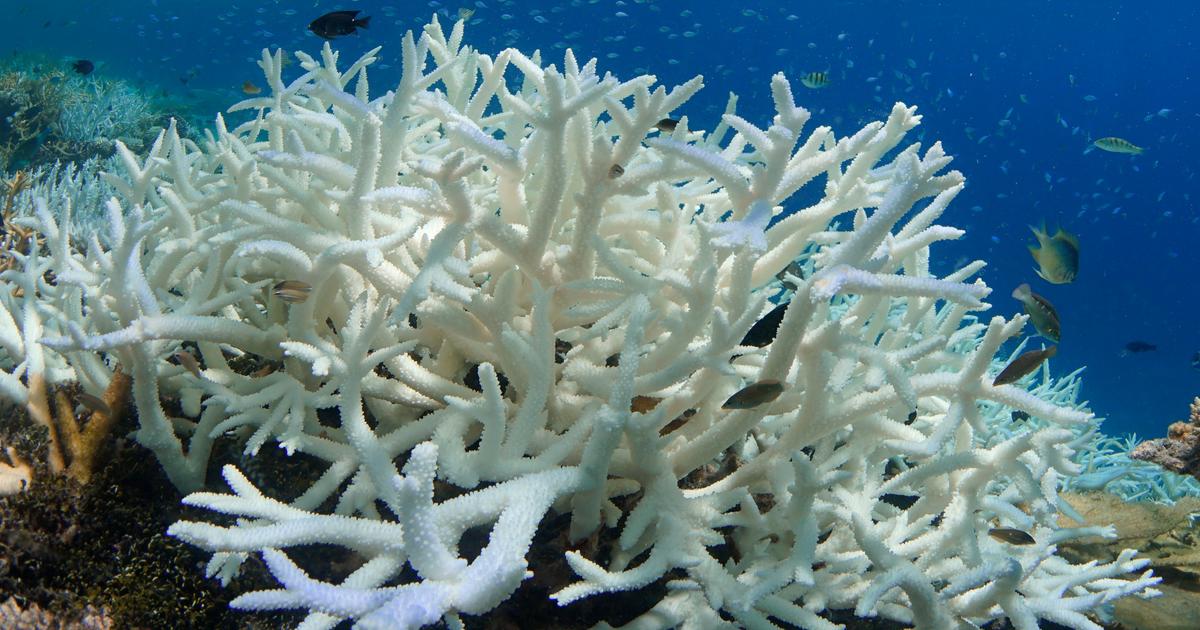Enlarge image
Dried up river bed in Turkey (pictured January 17)
Photo: Anadolu Agency / Anadolu Agency / Getty Images
Limiting global warming to below 2 degrees Celsius by 2100 – but preferably below 1.5 degrees Celsius – compared to the pre-industrial age is currently the most important climate goal.
Scientists have long warned that this could be missed.
A new study now states that the 1.5 degree mark could be exceeded as early as the early 2030s.
And this regardless of how much greenhouse gas emissions increase or decrease over the next ten years.
The study was published in the journal Proceedings of the National Academy of Sciences.
The research confirms "that the world is on the verge of crossing the 1.5 degree threshold," lead author Noah Diffenbaugh of Stanford University is quoted as saying in a statement.
At the same time, he warned against slacking off in climate protection.
On the contrary: this remains crucial in order not to exceed important tipping points.
With the help of artificial intelligence
"We have very clear evidence of the effects of global warming that has already occurred on various ecosystems," Diffenbaugh said.
"This new study, using a new method, provides further evidence that we will certainly face ongoing climate changes that will magnify the impacts we are already feeling."
For the analysis, the specialist team trained an artificial intelligence (AI) to analyze climate simulations.
In a next step, the program should determine time periods for certain temperature thresholds based on real temperature anomalies, the release says.
The basis of the AI was a so-called neural network.
These systems are able to recognize patterns in large amounts of data.
In order to test the significance of the program, historical developments were reviewed.
The artificial intelligence should provide probabilities for temperature increases that have already occurred.
Using data from 1980 to 2021, the AI reportedly passed the test, correctly estimating the 1.1 degree Celsius warming by 2022 as well as the temperatures and pace observed over the past few decades.
The earth is well on the way to exceeding 2 degrees warming itself - with a probability of 50 percent, this reference value could, according to the information, be reached as early as the middle of the century, they say.
In four out of five scenarios, the threshold would be reached by 2060.
(The SPIEGEL climate report - the latest developments, research results and background information on the climate crisis as a newsletter: every week directly in your e-mail inbox. Register now.)
However, according to Diffenbaugh, the result could be controversial among experts and policymakers.
Other authoritative assessments, including the recent IPCC report, would predict that the 2 degree mark would likely not be reached if emissions fell to zero before 2080.
an















